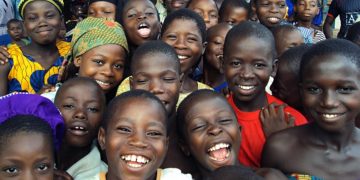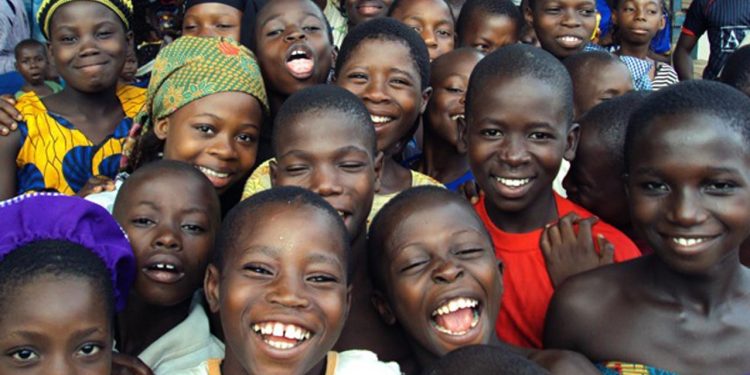In a joint effort, Afrobarometer, Laws.Africa, and the Data for Governance Alliance has revealed a series of country scorecards, shedding light on the imperative need for intensified initiatives to enhance the well-being of vulnerable children across Africa, Ere-ebi Agedah Imisi writes.
The United Nations holds a steadfast commitment to promoting and protecting the rights of children globally and the position on the rights of children is encapsulated in the United Nations Convention on the Rights of the Child (CRC), which was adopted on November 20, 1989, and entered into force on September 2, 1990.
Considering their vulnerability, it is important to protect children for several compelling reasons which in turn will reflect both ethical considerations and a commitment to building a just, humane, and sustainable society.
Unveiled through a series of country scorecards, the Afrobarometer findings present a stark reality that demands urgent attention and targeted interventions to secure the future of vulnerable children.
A little on Afrobarometer, shows that AB is a trusted source of high-quality data and analysis on what Africans are thinking. AB data inform many global indices and its data are also used for country risk analyses and by credit rating and forecasting agencies.
Against this backdrop, the unveiled child well-being scorecards visually encapsulate Afrobarometer Round 9 (2021/2023) survey findings featured in its latest Pan-Africa Profile. These scorecards emphasize crucial aspects, such as African citizens’ perspectives on child discipline, the prevalence of neglect and abuse, and the availability of community-level support for vulnerable children.
The stark disparities among countries, with some experiencing significant declines, highlight the urgent need for cultural shifts and awareness campaigns surrounding children’s rights.
The unveiling took place at the 42nd Ordinary Session of the African Committee of Experts on the Rights and Welfare of the Child (ACERWC) in Addis Ababa, where Anyway Chingwete, Afrobarometer’s Deputy Director of Surveys, addressed the assembly.
According to Chingwete, the survey revealed African citizens’ views on physical discipline of children, the frequency of neglect and abuse of children, and whether there is help for vulnerable children at the community level.
Covering 33 countries over two rounds (2016/2018 and 2021/2023), the survey highlighted significant declines in support for corporal punishment in 16 countries, indicating a potential influence of international condemnation and a growing emphasis on children’s rights.
The scorecards also unveiled findings on the perceptions of child abuse and neglect. Approximately one-third (35%) of citizens reported these issues as “somewhat frequent” or “very frequent” in their communities, with variations from 16% in Tanzania to 63% in Liberia. These findings emphasize the imperative for all-inclusive strategies to address and prevent child maltreatment.
The assessments varies, widely based on respondents’ economic status, indicating that economically disadvantaged citizens are less likely to perceive their government’s efforts as adequate. This insight highlights the need for inclusive policies that address the specific challenges faced by vulnerable children.
While the majority of respondents indicated the availability of support services for abused or neglected children (58%), those with disabilities (56%), and individuals with mental or emotional problems (52%), less than half believed their governments were effectively promoting the well-being of vulnerable children. The assessments varied widely by country and respondents’ economic status, presenting opportunities for targeted interventions.
Also, Laws.Africa’s platform highlighted that, out of 39 surveyed countries, only Morocco and Tunisia are yet to ratify the African Charter on the Rights and Welfare of the Child. Yvonne Tagwireyi, an external expert at ACERWC, praised the scorecards as valuable governance and accountability tools, essential for assessing African governments’ performance on critical well-being indicators.
Tagwireyi stressed the urgency of data generated in Africa to inform policy and practice, particularly for achieving the aspirations of Agenda 2063 and the Agenda for Children 2040.
In conclusion, as Africa strives to achieve the aspirations of Agenda 2063 and the Agenda for Children 2040, the unveiled scorecards serve as a crucial wake-up call. Urgent, coordinated efforts are required to reshape cultural attitudes, strengthen support services, and ensure effective government policies that safeguard the well-being of children across the continent. The time for action is now, as we collectively work towards a future where every African child can thrive, be protected, and nurtured in an environment conducive to their well-being.


































